Do you want to increase your website’s visibility in search engine ranking? You’ve come to the right place! In this blog post, we’ll discuss eight proven ways to boost your search engine rankings. From optimizing your website for search engines to building quality backlinks, we’ll cover it all. By following these tips, you can improve your website’s ranking on search engines and increase traffic to your site. Read on to find out how to get your website noticed!
Table of Contents
Do Your Research
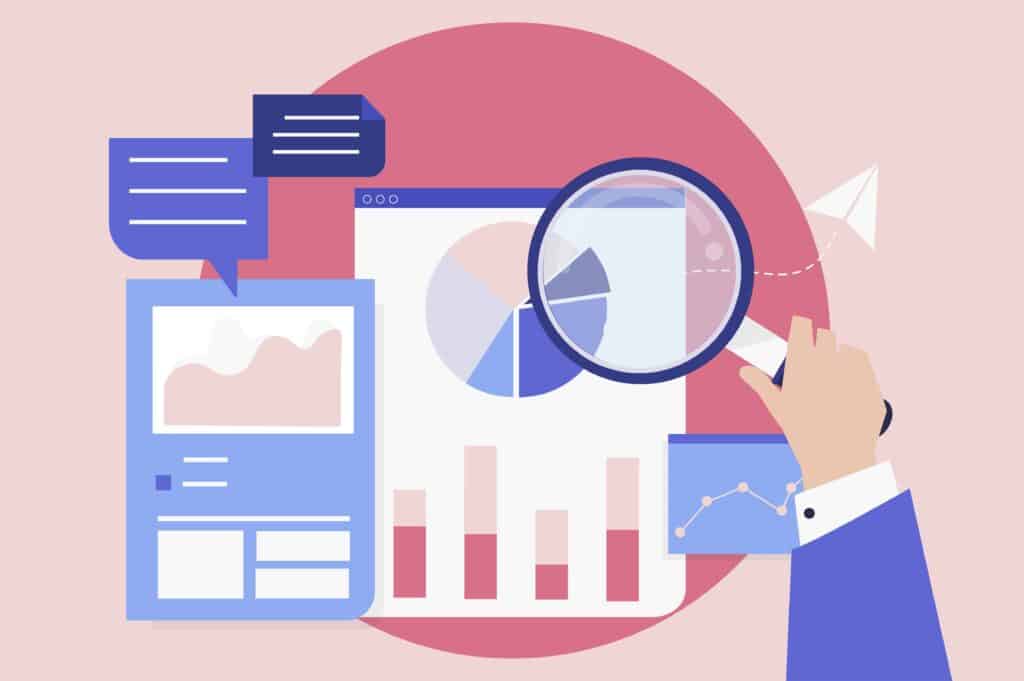
If you want to boost your website’s ranking in Google and other search engines, the first step is to do your research. It is important to know what keywords are related to your website and how competitors are using those words to rank higher in search engine results. You can use keyword research tools such as Google Keyword Planner or Ahrefs to discover the most popular and relevant search terms for your website.
Knowing what keywords to target will help you optimize your content, titles, and meta descriptions for better rankings. It is also a good idea to take a look at your competitor’s websites and see how they are ranking for the same keywords.
By understanding what strategies work for them, you can use this information to create a more effective strategy of your own to boost your website ranking.
Keyword Optimize Your Content
 One of the most important things you can do to boost your website ranking and Google rankings is to keyword-optimize your content. This means including targeted keywords that people are searching for in your text. When you use relevant keywords, it will help Google recognize what your page is about and match it up with people’s search queries.
One of the most important things you can do to boost your website ranking and Google rankings is to keyword-optimize your content. This means including targeted keywords that people are searching for in your text. When you use relevant keywords, it will help Google recognize what your page is about and match it up with people’s search queries.
In order to successfully keyword-optimize your content, you should first research the most popular keywords in your industry. Once you have identified them, make sure to include them in the text of your web pages and blog posts. Additionally, focus on using natural language throughout the content.
This will help make it more engaging for readers while also improving your website ranking and Google rankings.
By taking the time to keyword optimize your content, you can help your website rank higher in search engine results pages, which is essential for increasing your visibility online.
Get Listed in Online Directories

One of the most important steps you can take to boost your website ranking is to get listed in online directories. Getting listed in online directories can increase your website visibility and help you improve your search engine rankings.
The most important directory to get listed in is Google My Business. When you list your business with Google My Business, it will appear on Google Maps, which will help potential customers find you easily.
It also helps Google determine the relevancy of your business to certain keywords and phrases, which can have a positive impact on your Google ranking.
In addition to Google My Business, there are many other online directories that you can list your business in. Directories like Yelp, Yellow Pages, and Super Pages are popular ones that you should consider.
Other local business directories that are specific to your region can also be beneficial for boosting your website ranking.
Creating profiles on social media sites like Facebook, Twitter, and Instagram is another great way to get more visibility for your website.
When you share content from your website on social media, you can encourage users to visit your website, which can help increase your website ranking.
By taking the time to get your business listed in online directories and building a presence on social media, you can boost your website rankings and become more visible to potential customers.
Optimize Your Title Tags and Meta Descriptions
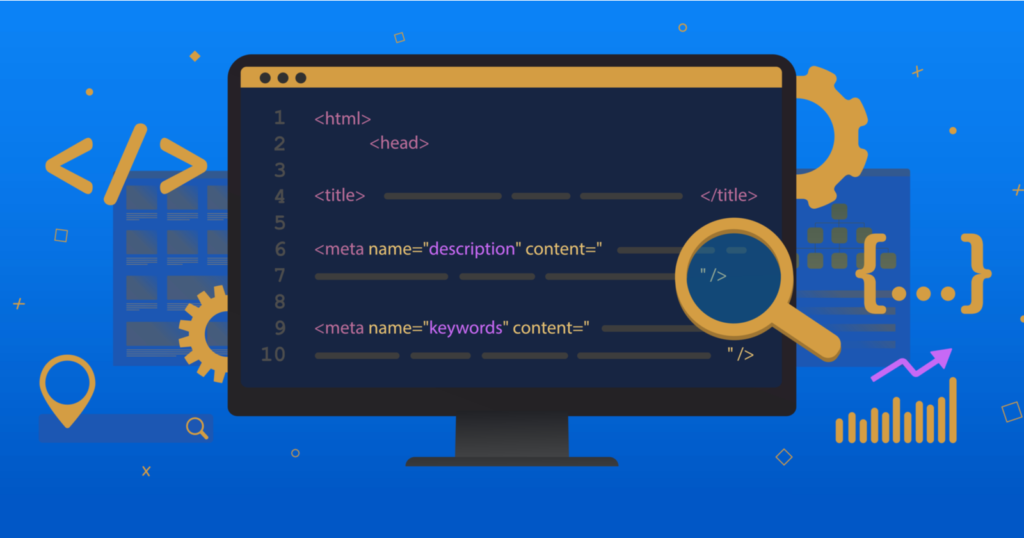
One of the most important aspects of SEO is optimizing your title tags and meta descriptions. Title tags are the words that appear at the top of a web page when it appears in a search engine.
They provide a brief description of what the page is about and are often used by search engines to decide which pages should be ranked higher for a particular keyword. Meta descriptions are a brief sentence or two that appear underneath the title tags and describe the content of the page.
By optimizing your title tags and meta descriptions, you can ensure that search engines will have the correct information when they index your website, helping to boost your website ranking and Google ranking. Here are some tips for optimizing your title tags and meta descriptions.
• Use relevant keywords:
Make sure your title tags and meta descriptions contain relevant keywords that accurately describe the content on the page.
This will help search engines better understand your website and determine which pages should be ranked higher for certain keywords.
• Keep it short and sweet: Your title tags and meta descriptions should be concise and straight to the point.
Try to keep them under 60 characters for optimal results.
• Include calls to action: Encourage readers to click on your links by including enticing calls to action in your title tags and meta descriptions. For example, “Read now” or “Learn more” can help entice readers to click on your link.
By following these tips, you can optimize your title tags and meta descriptions to help improve your website ranking and Google ranking.
Get a Link-Worthy Site

Creating a link-worthy website is essential for improving your website ranking and boosting your Google rankings. Links from other sites direct users to your site and demonstrate to search engines that your content is relevant.
Here are some tips to help make your site more link-worthy:
• Create quality content that is useful and informative. People will be more likely to link to your site if they find it helpful.
• Use relevant keywords in the text of your content. This will help search engines recognize the relevance of your website.
• Reach out to other websites and ask them to link to yours. You can also post links to your website on social media sites, blogs, and forums.
• Make sure that all of your pages are easy to find and navigate. Poorly organized websites can turn off potential visitors and hinder your website ranking.
• Provide unique content that can’t be found anywhere else. Original content is more likely to be linked to by other sites.
By creating a link-worthy website, you will be able to improve your website ranking and increase your Google rankings. With the right strategies, you can boost your website’s visibility and get more visitors to your site.
Optimize Your Site for Mobile

Optimizing your website for mobile devices is crucial for improving its search engine rankings. With the increasing use of mobile devices for browsing the web, it’s important to make sure your website is optimized for mobile viewing to provide a positive user experience for your visitors.
Here are some tips for optimizing your site for mobile devices:
Make your website responsive:
A responsive website adjusts its layout and content to fit the screen size of the device being used to view it. This makes it easier for users to navigate your site and access its content on a variety of devices.
Use large font sizes:
Make sure your font sizes are large enough to be easily read on smaller mobile screens. This can improve the user experience and make it easier for users to engage with your content.
Simplify your navigation:
Keep your navigation simple and intuitive. This can help users find what they’re looking for quickly and easily, and can improve the overall user experience on your site.
Optimize images and videos:
Make sure your images and videos are optimized for mobile viewing. This includes compressing images to reduce load times, and using HTML5 for videos instead of Flash.
Test your site on different devices:
Test your website on a variety of different mobile devices to make sure it’s functioning properly and providing a positive user experience.
By optimizing your website for mobile devices, you can improve its search engine rankings and provide a better experience for your visitors. This can lead to increased engagement, higher conversion rates, and ultimately, better business results.
Use Alternative Text
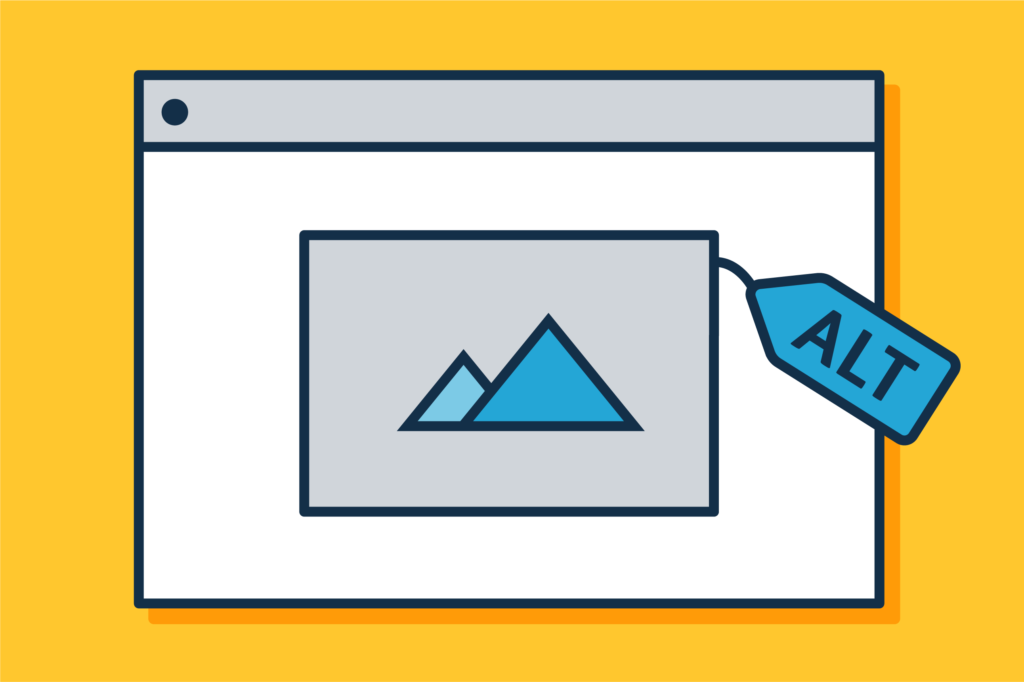
Alternative text, also known as alt text, is a description of an image or graphic that is added to the HTML code of a web page. The alt text is displayed if the image fails to load or if the user is using a screen reader to navigate the site.
Using alternative text is important for several reasons, including:
Accessibility: Alt text helps visually impaired users understand the content of an image and navigate the site more easily.
Search Engine Optimization (SEO):
Alt text is used by search engines to understand the content of an image and can impact its ranking in search results.
Image optimization: Alt text helps search engines understand the context and relevance of an image, making it more likely to be displayed in image search results.
To add alternative text to an image, simply include the alt attribute in the HTML code for the image. For example:
<img src=”example-image.jpg” alt=”Example Image”>
When writing alt text, make sure it accurately describes the content of the image and includes relevant keywords. Avoid using generic phrases like “image” or “picture” and try to be as descriptive as possible.
By using alternative text on your website, you can improve its accessibility, search engine optimization, and image optimization, leading to better search engine rankings and a better user experience for your visitors.
Monitor Your Progress
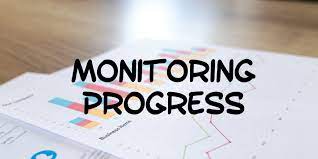
Monitoring your website’s performance and progress is important to ensure that your search engine optimization (SEO) efforts are effective. By tracking key metrics, you can identify areas that need improvement, make data-driven decisions about future optimizations, and measure the success of your SEO strategies.
Search engine rankings:
Keep track of where your website is ranking for your target keywords. You can use tools like Google Search Console and SEMrush to monitor your rankings over time.
Traffic:
Monitor the number of visitors to your site and the sources of that traffic. This will help you understand which channels are driving the most traffic and where to focus your efforts.
Bounce rate:
Bounce rate is the percentage of visitors who leave your site after only viewing one page. A high bounce rate may indicate that your site is not providing a positive user experience and may need to be improved.
Conversion rate:
Conversion rate is the percentage of visitors who take a desired action, such as making a purchase or filling out a form. Monitoring your conversion rate can help you understand how effective your website is at achieving its goals.
Page load time:
Page load time is the amount of time it takes for a page to load. Slow page load time can negatively impact user experience and search engine rankings, so it’s important to monitor this metric and make improvements as needed.
By regularly monitoring these metrics, you can make data-driven decisions about your SEO strategies, identify areas for improvement, and measure the success of your efforts. This can lead to better search engine rankings, increased traffic, and improved business results.
Conclusion
In conclusion, search engine optimization (SEO) is a crucial component of any digital marketing strategy. By optimizing your website for search engines, you can improve its visibility in search results, increase its traffic, and ultimately drive better business results. There are many factors that impact search engine rankings, including keyword optimization, mobile optimization, alternative text, and monitoring your progress. By following best practices and continuously improving your SEO efforts, you can boost your website’s search engine rankings, provide a better user experience for your visitors, and achieve your business goals.
Learner of Digiskillz Digital Marketing Institution in Kochi





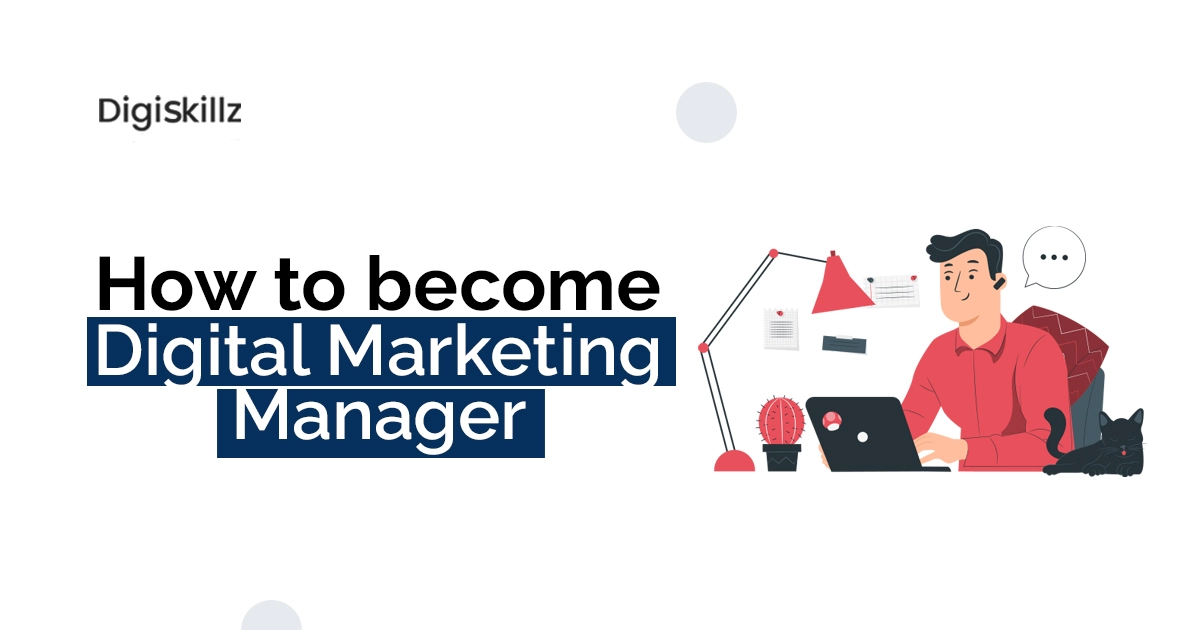





Leave A Comment